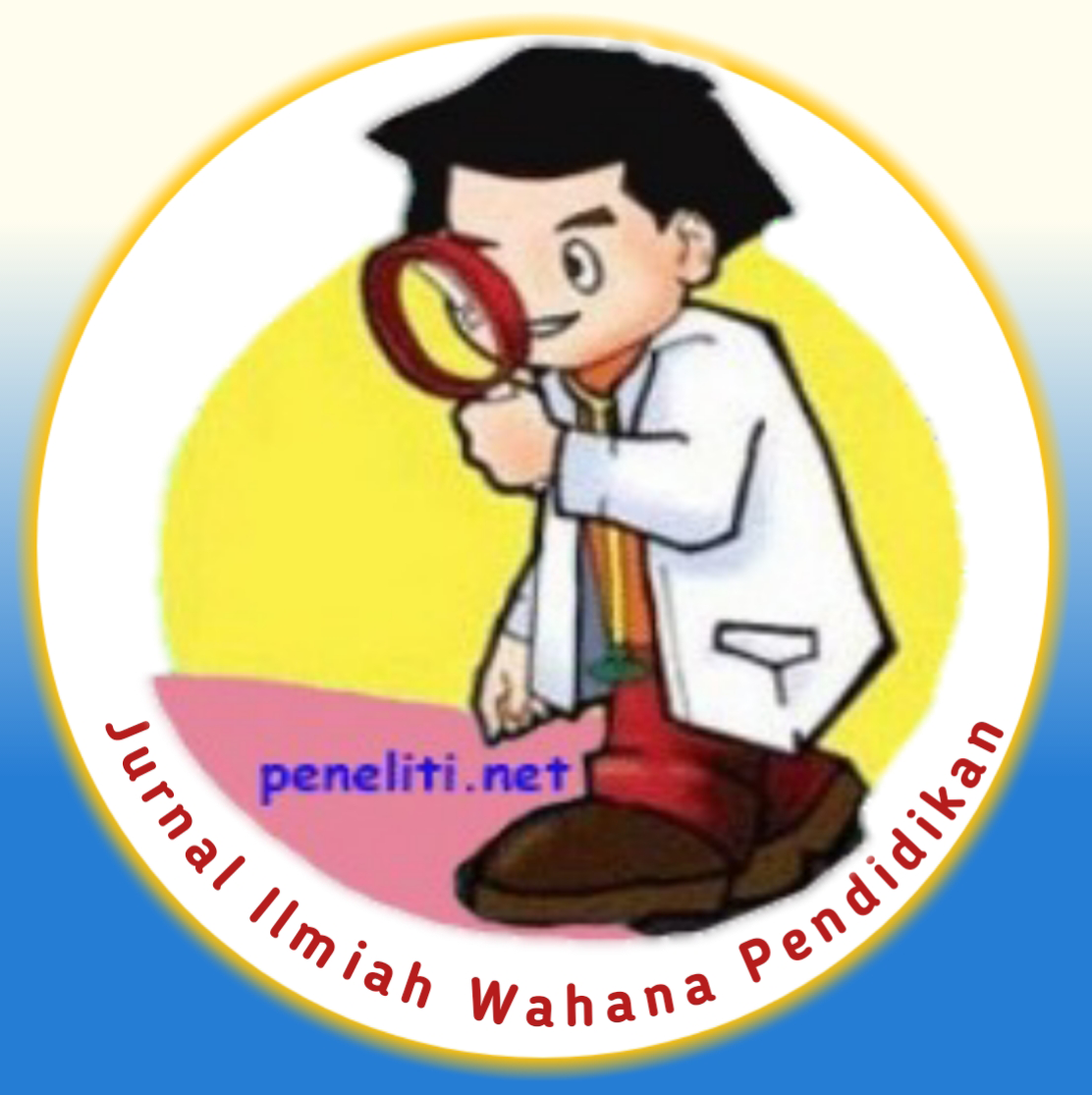Sistem Pengelolaan Pembangunan Desa” (Studi Pada Pemerintahan Desa Joubela Periode 2014/2019)
Abstrak
Implementation of village development programs in the formulation of the One Village One Billion policy based on Regent Regulation Number 02 of 2014 concerning Guidelines for Managing Village Revenue and Expenditure Budgets. The implementation of the SDSM program formulated by the government and village communities must be integrated with the development program of the Morotai Island Regency Government. The idea of integrative development has resulted in the design of many village development programs not addressing the basic problems of village communities. The type of research used is descriptive qualitative research. Using this type of research aims to provide a systematic, factual and accurate description of the object, subject and place of research by means of direct and in-depth observation and interviews aimed at collecting data and information from a number of informants who are used as research subjects. The weakness of implementing the SDSM policy, especially in Juanga village, is that the use of SDSM funds neglects human resource development. This means that since the first period of SDSM funds were rolled out until today, not a single thing has been used for human resource development, especially at the higher education level. Objectively, the implementation of the SDSM policy program in Juanga village has had a positive effect on infrastructure and superstructure development, especially the village government, including the BPD and religious leaders. In its development, the SDSM program has also provided benefits to Koran teachers and teaching staff at the early childhood education (PAUD) level.
Referensi
Adi, Rianto. (2010). Metodologi Penelitian Sosial dan Hukum, Jakarta : Granit.
Afifuddin, Beni Ahmad Saebani. (2009) Metodologi Penelitian Kualitatif, Bandung : Pustaka Setia.
Anwar, Affandi et.al. (1996). Perencanaan Pembangunan Wilayah dan Pedesaan. Jakarta : Majalah Prisma.
Beratha, I Nyoman. (1991). Pembangunan Desa Berwawasan Lingkungan, Jakarta : Bumi Aksara.
Budi, Winarno. (2012). Kebijakan Publik Teori, Proses, dan Studi Kasus. Yogyakarta : CAPS.
Daldjoeni, et.al. (2004). Pedesaan, Lingkungan dan Pembangunan. Bandung : PT.Alumni.
Husnan S, Suwarsono. (1994). Studi Kelayakan Proyek : Konsep, Teknik, dan Penyusunan Laporan, Jakarta : BPPE.
Hikmat, R. Harry. (2001). Strategi Pemberdayaan Masyarakat. Bandung : Humaniora Utama Press (HUP).
Moejiarto, Tjokrowinoto. (2007). Pembangunan Dilema dan Tantangan. Yokyakarta : Pustaka Pelajar
Nasution. (2003). Metode Research, Jakarta : PT. Bumi Aksara.
Nazir, Moh. (2005). Metode Penelitian, Jakarta : Ghalia Indonesia.
Nurman. (2015). Strategi Pembangunan Daerah, Jakarta : PT. RajaGrafindo Persada, Cetakan ke-1.
Oesman, Herman. (2021). Pembangunan: Antara Kontestasi dan Komodifikasi. Ternate : UMMU Press.
Siagian, P. Sondang. (2001). Manajemen Sumber Daya Manusia, Jakarta : Bumi Aksara.
Siagian, P. Sondang. (2008). Administrasi Pembangunan, Konsep, Dimensi, dan Strateginya. Jakarta : Bumi Aksara.
Sugiyono. (2012). Metode penelitian kualitatif, kuantitatif dan R&D, Bandung : Alfabeta.
Trijono, Lambang. (2007). Pembangunan Sebagai Perdamaian; Rekonstruksi Indonesia Pasca Konflik, Jakarta : Yayasan Obor Indonesia.
Widoyoko, Putro Eko. (2011). Teknik Penyusunan Instrumen Penelitian, Jakarta : Pustaka Pelajar.




